Sudan
Violence in Sudan has driven over 80,000 people into South Sudan in less than three weeks, according to the UN Refugee Agency (UNHCR). Refugees and returnees, mainly women and children, are fleeing escalating fighting in Sudan's White Nile, Sennar, and Blue Nile states.
Nyarob, South Sudan returnee: “The situation was not safe at all. When the army entered, there were gunshots, and a lot of chaos occurred. I immediately took my children and walked to the Joda border with others because we needed a safe place for our children.”
At the Joda border and nearby villages, resources are overwhelmed. Makeshift shelters house the displaced, and malnutrition rates exceed emergency thresholds. Clean water and sanitation facilities are critically lacking, raising the risk of disease outbreaks.
Silva Alkebeh, Chief of Supply Logistics, UNHCR: “This place two weeks ago was almost empty. We built the reception center to accommodate a few hundred people. Currently, we have over 5,000 refugees and returnees staying at the border and many along the roadside. People are sharing very limited resources.”
Despite efforts to scale up assistance, the response remains severely underfunded. UNHCR warns that without additional resources, life-saving aid and support for the displaced and host communities will remain inadequate.






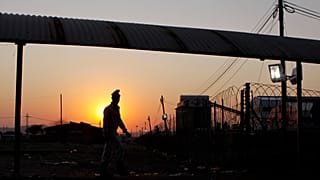
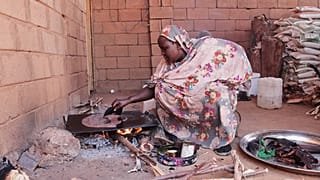
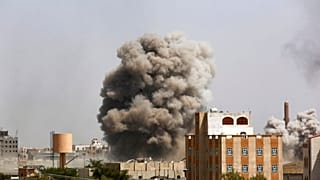
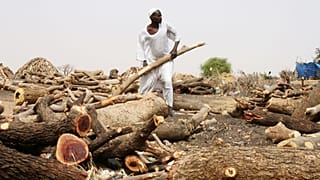
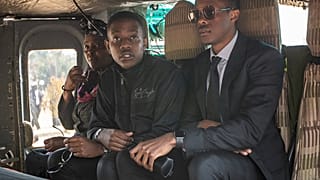
01:10
UN Goodwill Ambassador Kristin Davis meets refugees in South Sudanese
02:22
South Sudan: Hospitals overwhelmed as fighting rages on
01:01
African Union holds summit: is it ignoring the real issues?
01:05
Senegal and Egypt's top diplomats discuss strengthening bilateral relations
00:07
Ramadan preparations underway at Sudan's Gedaref livestock market
02:09
Kagame criticises international "threats" against Rwanda as US sanctions loom